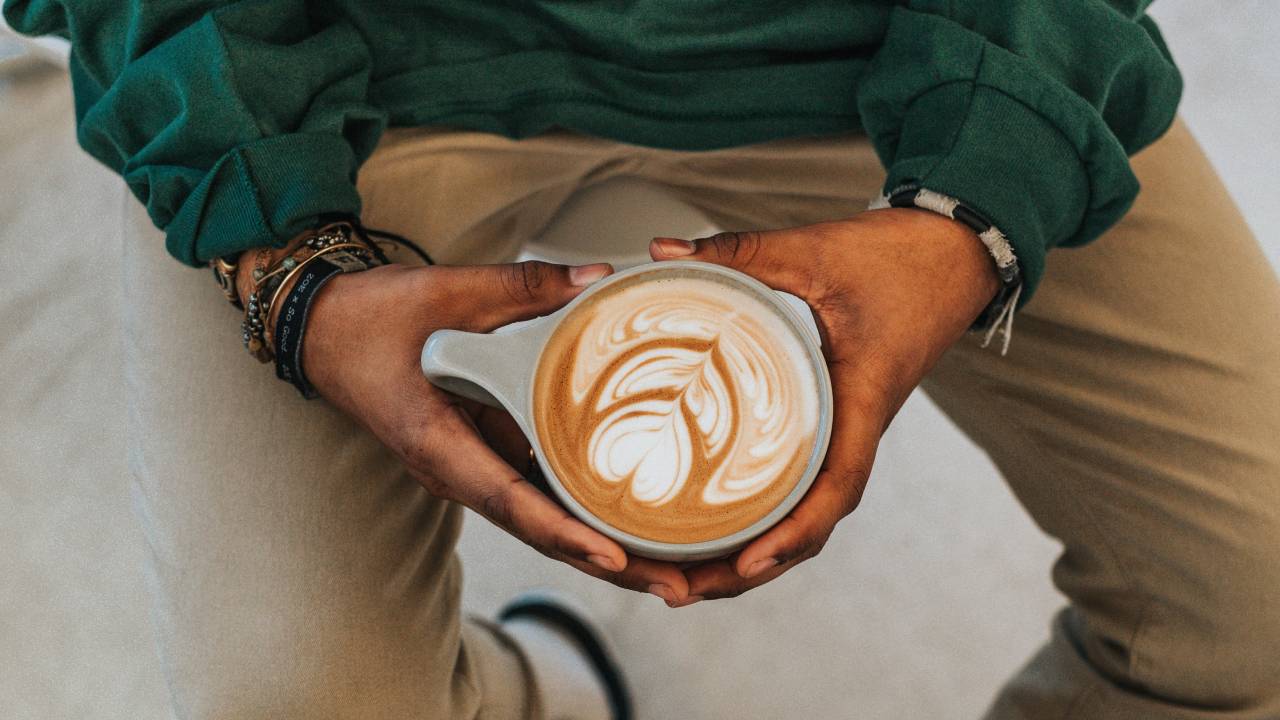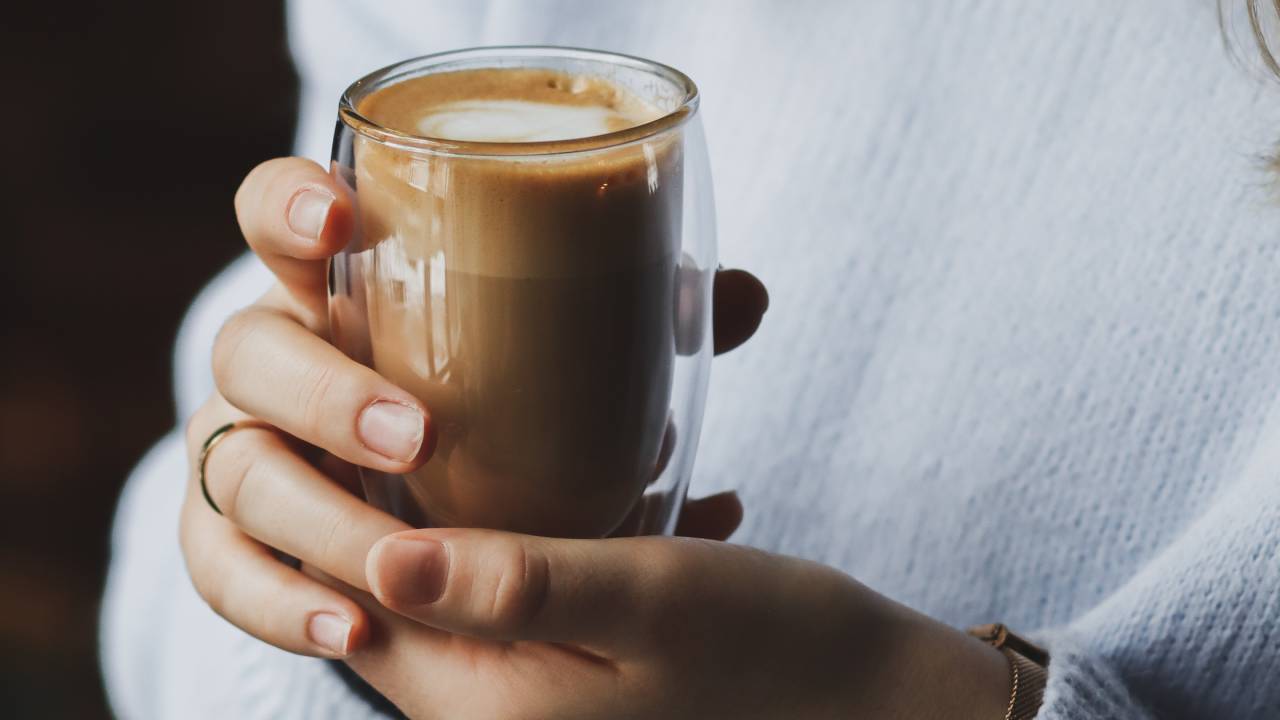Here’s what happens to your body when you stop drinking coffee
Want to cut out coffee? 7 things that might happen to you when you stop drinking it


There’s nothing better than starting your money with a cup of coffee. Coffee, tea and other hot drinks are a big part of daily life, from grabbing one to go from your favourite coffee shop to meeting a friend for a catch-up over a steaming brew.
But, coffee and other caffeinated beverages can become addictive and drinking too many cups can have a negative impact on your health. If you’re looking to curb your caffeine addiction or you want to cut it out completely, here are 7 things that happen to your body when you stop drinking coffee.
P.S. If you need an upgrade to your home coffee setup, take a look at our top picks for the best bean to cup coffee machine and the best pod coffee machine.
1. Withdrawal symptoms
Regardless of how many cups of coffee you have a day, you’ll typically feel withdrawal symptoms after cutting it out. The first couple days of removing coffee from your diet will be a little uncomfortable, with people often experiencing headaches, dizziness, insomnia, mood swings and flu-like symptoms. The main reason for this is because you’re not getting that jolt of adrenaline and dopamine which your body has become accustomed to. While these withdrawal symptoms aren’t fun to deal with, they should pass after the first few days. Many experts actually recommend slowly minimising your intake or swapping to lower caffeinated drinks rather than cutting out coffee completely so you don’t experience the worst of these symptoms. Check out these 6 alternatives to coffee for the best healthy swaps.
2. Difficulty concentrating
Many people use coffee to wake them up in the morning and get them ready for the day. When you cut out this caffeine kick, you might feel groggy, fatigued and irritable, which will result in you finding it hard to concentrate. Due to the lack of stimulants, you might find it hard to focus, get easily distracted and find that your productivity levels are at an all time low. Again, difficulty concentrating should pass quickly once your body gets used to not having caffeine in its system.

3. Weight change
Weight change sometimes happens when you cut out or back on coffee. For some people, removing coffee from their diet makes them gain weight, whereas others might lose weight. As coffee temporarily suppresses your appetite, you might find yourself feeling extremely hungry around the time you’d normally have a coffee and reaching for the closest snack to you. As you’re not used to eating something around this time, this can result in weight gain as it boosts your calorie consumption.
On the other hand, cutting out coffee can make you lose weight. While coffee doesn’t have many calories (there’s only 2 calories in a cup of black coffee, according to Healthline), it depends on what else you’re putting in your brew. If you like to get fancy with the syrups or you chuck in extra sugar and cream, you’re increasing the amount of calories in your coffee. When you cut it out, you’re not getting those extra calories and you could lose weight as a result.
Get all the latest news, reviews, deals and buying guides on gorgeous tech, home and active products from the T3 experts
4. Constipation
Having a coffee tends to get everything moving as caffeine stimulates the bowels and the temperature of the drink can speed up digestion. By removing coffee from your life, you might find that you’re feeling a bit constipated. Like the other symptoms mentioned above, this feeling should pass in a few days but to help out your digestive system and offer some pain relief, make sure to drink water, eat plenty of fibre and exercise.
5. Healthier mouth
Let’s face it, no one likes having or smelling coffee breath! Cutting out coffee not only means your mouth will taste and smell fresher, but it can also help make your teeth healthier. As coffee is highly acidic, it can erode and stain your teeth. Without coffee, your teeth won’t be as yellow and they’ll stay in better shape without as much erosion.

6. Better sleep
We’ve all been there where we’ve had a risky 4pm coffee and been up for hours trying to get to sleep. Having caffeine at the wrong time of day can disrupt your sleep cycle and circadian rhythm as it lasts in your body for hours, making you feel wired when you should be feeling tired. By cutting out coffee, you should get a better night’s sleep as your sleep schedule will no longer be interrupted by leftover caffeine swimming in your system. See what time should I stop drinking coffee? for more.
7. Less stress
Drinking caffeine affects your body’s production of the hormone, cortisol. Also known as a stress hormone, having high cortisol levels can make you feel more stressed and anxious, and it can disrupt your body’s processes (which is why you shouldn’t drink coffee first thing in the morning). Putting that aside, if you have too many cups of coffee, you might feel jittery and uneasy, so removing coffee can help you feel less anxious and more relaxed.

Beth is Home Editor for T3, looking after style, living and wellness. From the comfiest mattresses to strange things you can cook in an air fryer, Beth covers sleep, smart home, coffee machines, watches, grooming tools, fragrances, gardening and more.
In her spare time, Beth enjoys running, reading, baking and attempting craft projects that will probably end in disaster!